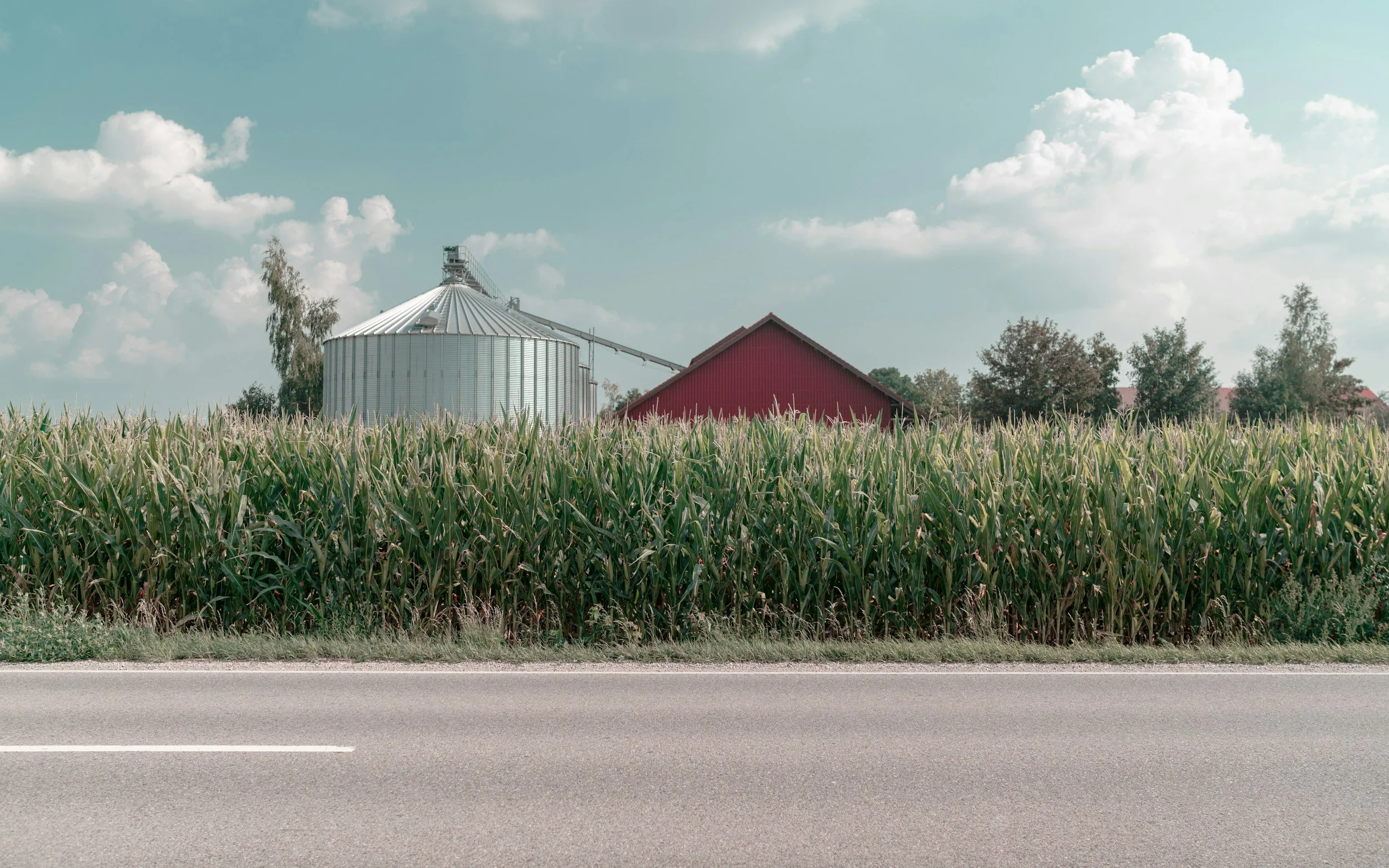Conservation Solutions for Farmers and Producers
Why do Virginia’s agricultural lands need support? Soil is a complex living ecosystem that’s at its best when it’s healthy. When well it grows nutrient-dense crops, prevents disease and pest infestation, and supports a diverse ecological ecosystem both below and above the ground that supports the wellbeing of all living things. Soil is foundational.
Additionally, rainfall falls onto agricultural lands and causes the movement of human-made pollutants into streams, wetlands, rivers, coastal waters, and ground waters. Although meant to protect crops, these chemicals threaten the waterways we rely on and enjoy.
Virginia’s Agricultural Best Management Practices Cost-Share Program offers more than 60 conservation practices that endeavor to create this healthy soil and protect these critical water-based ecosystems. Whether you grow crops, raise livestock, or produce poultry, there are BMPs that can benefit you.
Our best management practices (BMPs) improve and protect water quality, and help you to increase your farm’s productivity by nurturing soil health and wisely managing other agricultural resources.
Virginia Agricultural Cost Share Program (VACS)
We want to support you in doing your part, by removing financial barriers that stand in the way of you and a high-functioning agricultural operation. Here’s what you need to know:
The program year begins July 1 and demand for assistance can be great, so timely applications are encouraged. Contact your local soil and water conservation district for application deadlines. Individuals, partnerships, corporations, trusts, or other businesses operating farms in Virginia may qualify for cost-share assistance.
Projects must:
Be approved in advance by your local soil and water conservation district board.
Meet technical specifications of the VACS program.
Pass a field inspection, if one is required, prior to receiving payment.
Be subject to spot checks throughout the project lifespan.
Intrigued?
Contact Emily Hagerott, District Conservation Specialist, at ehagerott@hswcd.org
VACS Practices we seek to support.
Planting Cover Crops
Stabilizing Eroding Stream Banks
Nutrient Management Plans
Preserving Wetlands
Restoring Streamside Buffers
Managing Animal Waste
Erosion Control
Planting Cover Crops Stabilizing Eroding Stream Banks Nutrient Management Plans Preserving Wetlands Restoring Streamside Buffers Managing Animal Waste Erosion Control
FAQs
-
Planting cover crops
Managing nutrients, including animal waste
Controlling erosion
Restoring streamside buffers
Reforesting farmland
Stabilizing eroding stream banks
Establishing rotational grazing
Planting tree seedlings in open land
Preserving wetlands
Protecting sinkholes
-
Producers who farm on LESS than 5 acres
Producers who cannot show three years of farm-related revenues of $1000+
Any state or federally owned land that is farmed
-
The VACS process is detailed, but not complicated. And a Henricopolis SWCD conservation specialist is there to guide the journey. Here's how it goes:
Reach out to your local soil & water conservation district and express interest.
The SWCD conservation specialist will schedule a site visit to explore your farm.
You will determine together the BMPs best fit for your farm.
Your local SWCD Board will review your application.
If approved, your SWCD conservation specialist will make explicit next steps and all deadlines and important dates, including dates for payment.
SWCD will verify the practice was installed and is maintained in accordance with the BMP requirements, and will issue payment.
Some practices must be maintained for up to 10 years.
-
The cost-share program's practices can often be funded by a combination of state and federal funds, reducing the landowner‘s expense to less than 30% of the total cost!
Chris Applewhite, Henrico Farmer
“The Henricropolis cost-share program has allowed many local growers, including myself, to institute conservation practices that improve farmland. For example, the cover crop program helps prevent soil erosion and runoff, while providing a nutrient scavenging system for unused nutrients for my spring crop. The current staff has been very eager to listen to suggestions and ideas from local producers.”
Ben Waitman, Henrico Farmer
“With the cost-share help from the Henricopolis Soil & Water Conservation District I can be a better steward of the land and protect our Bay.”








